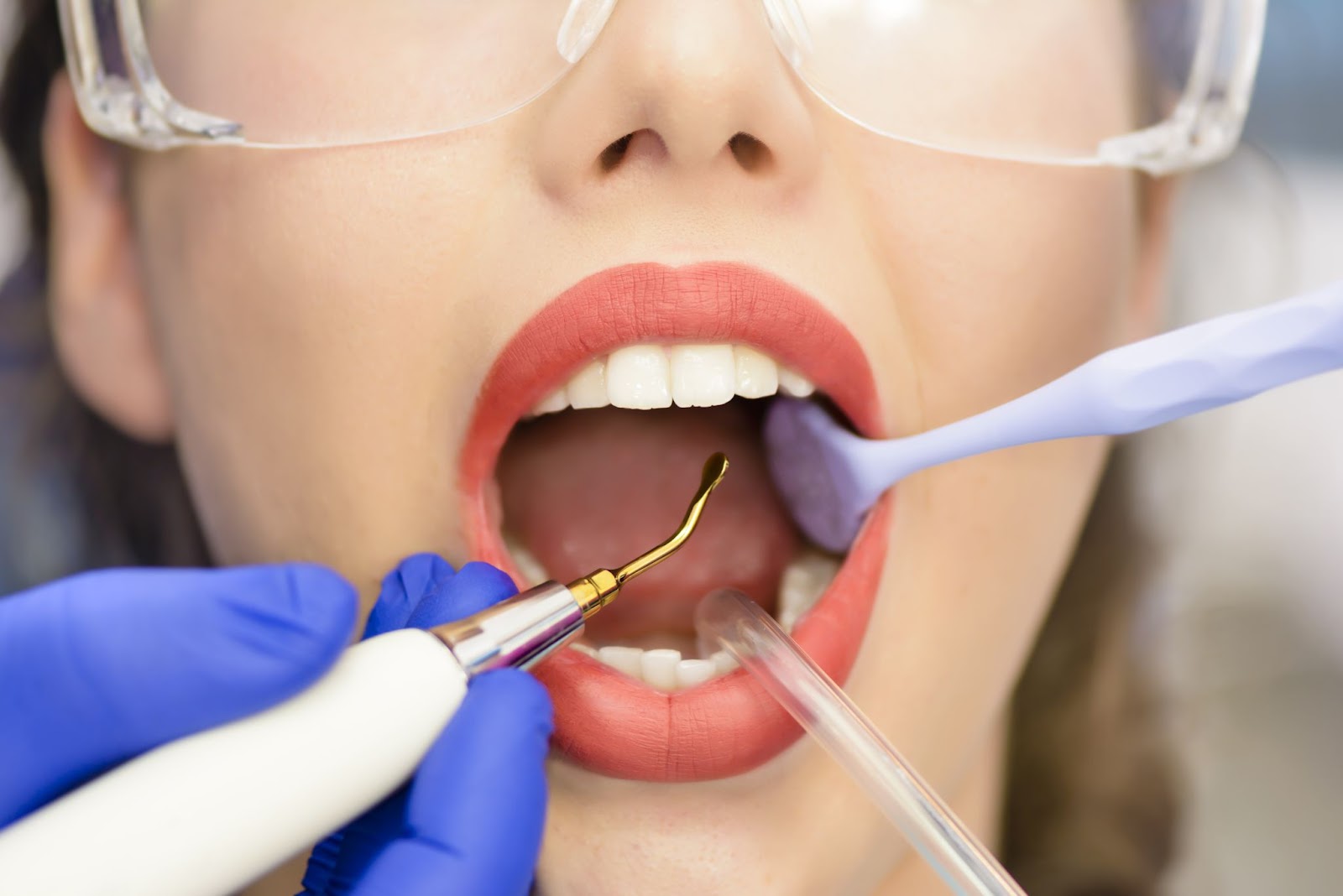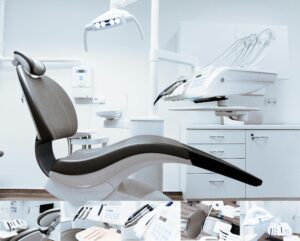Key Tips and Tricks to Prevent Tooth Decay and Enhance Oral Health
Tooth decay is a common dental issue that affects people of all ages. It’s not just an aesthetic concern, but a health one too.
Understanding the causes and signs of tooth decay is the first step towards prevention. But knowledge alone isn’t enough.
You need to put this knowledge into practice. This means adopting effective oral hygiene habits and making smart dietary choices.
In this guide, we’ll share practical tips and tricks to help you prevent tooth decay. We’ll also discuss the role of regular dental check-ups in maintaining your oral health.
Whether you’re a concerned parent, an individual looking to improve your oral health, or someone experiencing early signs of tooth decay, this guide is for you. Let’s work together to build a decay-resistant smile.
Understanding Tooth Decay and Its Causes
Tooth decay, also known as dental caries, is a disease that damages tooth structure. It’s caused by harmful bacteria in your mouth.
These bacteria feed on sugars from your food and drinks. As they digest these sugars, they produce acids.
These acids attack the enamel, the hard outer layer of your teeth. Over time, this can lead to cavities, or holes in your teeth.
If left untreated, tooth decay can cause pain, infection, and even tooth loss. That’s why prevention is so crucial.
The Role of Oral Hygiene in Preventing Tooth Decay
Good oral hygiene is your first line of defence against tooth decay. It helps remove plaque, a sticky film of bacteria that forms on your teeth.
Plaque is the main cause of tooth decay. If not removed, it can harden into tartar, which is more difficult to clean.
Here are some key oral hygiene practices to prevent tooth decay:
- Brushing your teeth twice a day
- Flossing daily
- Using mouthwash regularly
Brushing with Fluoride Toothpaste
Brushing your teeth twice a day is essential. It helps remove plaque and food particles from your teeth.
Use a toothpaste that contains fluoride. Fluoride helps strengthen your tooth enamel, making it more resistant to decay.
Remember to replace your toothbrush every three to four months. An old or worn-out toothbrush is less effective at cleaning your teeth.
Electric toothbrushes can also be a good option. They can remove plaque more effectively than manual toothbrushes.
The Importance of Flossing
Flossing is just as important as brushing. It helps remove plaque and food particles from between your teeth and under your gum line.
These are areas that your toothbrush can’t reach. If left unchecked, plaque in these areas can lead to tooth decay and gum disease.
Try to floss at least once a day. If you find traditional floss difficult to use, consider using a flossettes or Pixters. Speak to your dentist about alternatives that may suit you.
Remember, it’s not just about flossing, but flossing correctly. Ask your dentist or dental hygienist to show you the proper technique.
Using Mouthwash Effectively
Mouthwash is another useful tool in your oral hygiene arsenal. It can reach areas of your mouth that your toothbrush and floss can’t.
Look for a mouthwash that kills bacteria and contains fluoride. This will help protect your teeth from decay.
Use mouthwash after brushing and flossing. Swish it around your mouth for 30 seconds, then spit it out.
Remember, mouthwash is not a substitute for brushing and flossing. It’s meant to complement these practices, not replace them.
Diet and Tooth Decay: What You Need to Know
Your diet plays a significant role in your oral health. Certain foods and drinks can increase your risk of tooth decay.
Sugary and acidic foods and drinks are particularly harmful. They feed the bacteria in your mouth, leading to plaque formation.
Here are some dietary tips to help prevent tooth decay:
- Limit your intake of sugary snacks and drinks
- Avoid frequent snacking, which can lead to a constant supply of acids in your mouth
- Drink plenty of water, especially fluoridated water
Foods and Drinks to Avoid
Sugary foods and drinks are the main culprits of tooth decay. They provide food for the bacteria in your mouth, which produce acids that attack your tooth enamel.
Acidic foods and drinks can also erode your tooth enamel. This includes citrus fruits, tomatoes, and carbonated drinks.
Try to limit your intake of these foods and drinks. If you do consume them, rinse your mouth with water afterwards to help neutralise the acids.
Foods That Promote Dental Health
On the other hand, some foods can help protect your teeth from decay. These include foods that are high in calcium and phosphorus, such as milk, cheese, and nuts.
Crunchy fruits and vegetables, like apples and carrots, can also help clean your teeth. They stimulate saliva production, which helps neutralize acids and remineralize your teeth.
Remember, a balanced diet is not just good for your overall health, but your oral health as well.
Regular Dental Check-Ups: Your First Line of Defence
Regular dental check-ups are crucial in preventing tooth decay. They allow your dentist to spot early signs of decay and take action before it progresses.
Dentists can also provide professional cleanings. These cleanings remove tartar, a hardened form of plaque that can’t be removed by brushing and flossing alone.
In addition, dentists can offer treatments like fluoride applications and dental sealants. These treatments provide extra protection against decay.
Why Sandgate Family Dental?
If you’re looking for a dentist in Sandgate, consider Sandgate Family Dental. They offer a range of preventive services to help keep your teeth healthy.
Their team of experienced professionals is committed to patient education. They take the time to explain the importance of good oral hygiene and provide practical tips for preventing tooth decay.
Early Signs of Tooth Decay and How to Act
Tooth decay doesn’t happen overnight. It often starts with subtle signs that can be easy to overlook.
You may notice a white or brown spot on your tooth. This could be an early sign of decay. Tooth sensitivity, especially to sweet, hot, or cold foods and drinks, is another common symptom.
If you notice these signs, don’t ignore them. Schedule an appointment with your dentist. Early intervention can stop decay from progressing and prevent more serious problems.
Additional Preventative Measures Against Tooth Decay
Apart from regular brushing, flossing, and a healthy diet, there are other measures you can take to prevent tooth decay. These include professional treatments and lifestyle changes.
Dental sealants and fluoride treatments are two effective preventive measures. They are often recommended by dentists, including those at Sandgate Family Dental.
Smoking and excessive alcohol consumption can increase your risk of tooth decay. Try to limit these habits for better oral health.
Here are some additional measures you can take:
- Regular dental check-ups
- Professional cleanings
- Using a mouthguard if you play contact sports
- Replacing your toothbrush every three to four months

Dental Sealants and Fluoride Treatments
Dental sealants are a protective coating applied to the chewing surfaces of the back teeth. They prevent food and bacteria from getting stuck in the grooves and causing decay.
Fluoride treatments, on the other hand, strengthen your tooth enamel. They make your teeth more resistant to decay.
Both treatments are quick, painless, and can be done during a regular dental visit.
The Benefits of Sugar-Free Gum
Chewing sugar-free gum after meals can help prevent tooth decay. It stimulates saliva production, which neutralises acids and washes away food particles. Look for gum that is sugar-free.
Remember, though, that chewing gum is not a substitute for brushing and flossing. It’s just an extra step you can add to your oral hygiene routine.
Conclusion: Building a Decay-Resistant Smile
Preventing tooth decay is not a one-time task. It requires a consistent and comprehensive approach to oral hygiene.
By incorporating these tips and tricks into your daily routine, you can build a decay-resistant smile and hopefully avoid fillings. Remember, your dentist at Sandgate Family Dental is your partner in this journey.
Take the first step today towards a healthier, brighter smile. Your teeth will thank you.








